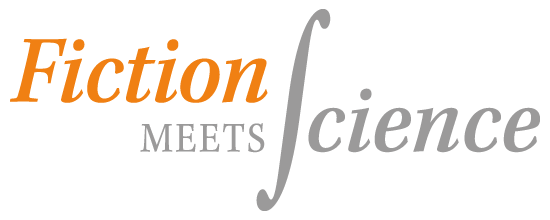FMS I: Interpretation
Societal Context
The five projects in this group focus on the relationships between the production of scientific knowledge and the societies that host, use, abuse, benefit from, and fall victim to it. A novel makes no claim to reproduce reality the way a documentary or scholarly communication might. Rather, the novelist as observer makes a conscious effort to sort and sift observations and assemble them anew; she creates a comprehensible parallel reality that individuals can inhabit and experience, even while reflecting on their own lives (Luhmann 2000). As such, we approach fiction not only as a product and reflection of societal attitudes, but also as a fertile and particularly flexible communicative space for exploring the myriad possible configurations for science in society, past, present, and future. Here, literature scholars and sociologists serve as second-order observers of science in society, examining what is refracted through the lens of literature and related cultural products, rather than how it is refracted, and using the systematic first-order observations made by sociologists, historians, and philosophers of science to inform their questions, analyses, and interpretations
-
4a. Science and society vs science in society: Imagining new arrangementsResearch Team: Peter Weingart, Luz Maria HernandezMore
-
4b. Utopian and dystopian narratives: a sociological perspectiveResearch Team: Sina Farzin, Emanuel HeroldMore
-
4c. Emergent scientific discourses and power relations in science novelsResearcher: Norbert SchaffeldMore
-
4d. The role of gender in contemporary fictional depictions of scienceResearch Team: Norbert Schaffeld, Jennifer HenkeMore
-
4e. The question of ethics in the recent depiction of science in literatureResearcher: Julia BollMore
-
4f. Re-forming the Scientist: New cultural archetypes in fiction and filmResearcher Roslynn HaynesMore
